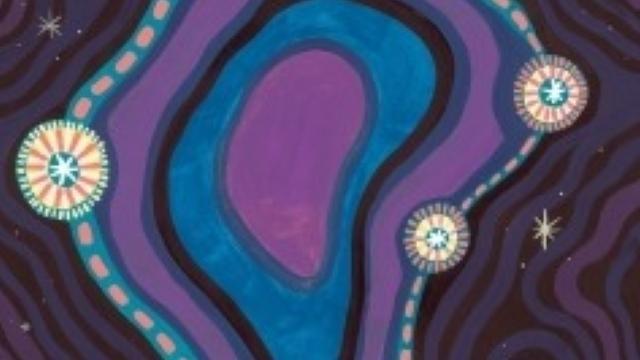
Recording available here
Overview
Tourism - the practice of traveling for pleasure, or the business of encouraging and serving such travelling - has long been promoted by governments and advisors as being one of the top economic development options for Indigenous peoples; especially where we have successfully secured native title, land and sea rights, and large agreements. However, from a Quandamooka perspective, this creates complexities given the small community of under 2,000 Indigenous residents are inundated by more than 80,000 longer-stay tourists, and 200,000 day visitors per year (pro rate - per head of population - this is a higher intensity of tourist visitation than experienced by such cities as Barcelona, which has one of the world's most largest metropolitan tourism economics.)
In the context of climate change and the pandemic, when many countries are moving their policies and strategies towards what is being called 'sustainable tourism,' this presentation questions whether so-called 'Indigenous tourism' really is the development golden egg? What are its impacts? Are there kinds of tourism that might be more sustainable for us - economically, culturally and socially? And how can it be governed by First Nations so we are in control, and get the outcomes we want?
In this seminar, I give a brief overview of the history of what we now know as tourism on Quandamooka. In the past, it was a business activity imposed on us without our consent. It is a popular colonial tactic that continues to highlight whiteness and privilege within an Aboriginal community, close to Brisbane that also holds ntive title rights and interests. The ways that the Quandamooka Yoolooburabee Registered Native Title Body Corporate has redesigned and shaped its tourism product as a sustainable economic development tool are also discussed.
About the Speaker
Professor Valerie Cooms belongs to the Nunukul people of Minjerribah or North Stradbroke Island in south-east Queensland. Valerie's professional, political, policy and research experience is wide and deep. She has worked in government for many years, including in the management of the RCIADIC back in the late 1990s. Valerie was appointed the CEO of Queensland South Native Title Services, and then in 2019 appointed as a Member of the National Native Title Tribunal. She has previously served as a Director of Indigenous Business Australia, as the Director and Chairperson of the Aboriginal and Islander Independent School in Brisbane, as Director of Aboriginal Hostels, and is currently Chair of the Quandamooka Registered Native Title Body Corporate. Valerie has a PhD in History from the ANU and a long academic career including being Adjunct Prof and lecturing at Griffith University, and undertaking a Research Fellowship in Native Title at AIATSIS. Valerie is the Director of CAEPR and is currently developing a new strategic plan for the Centre.